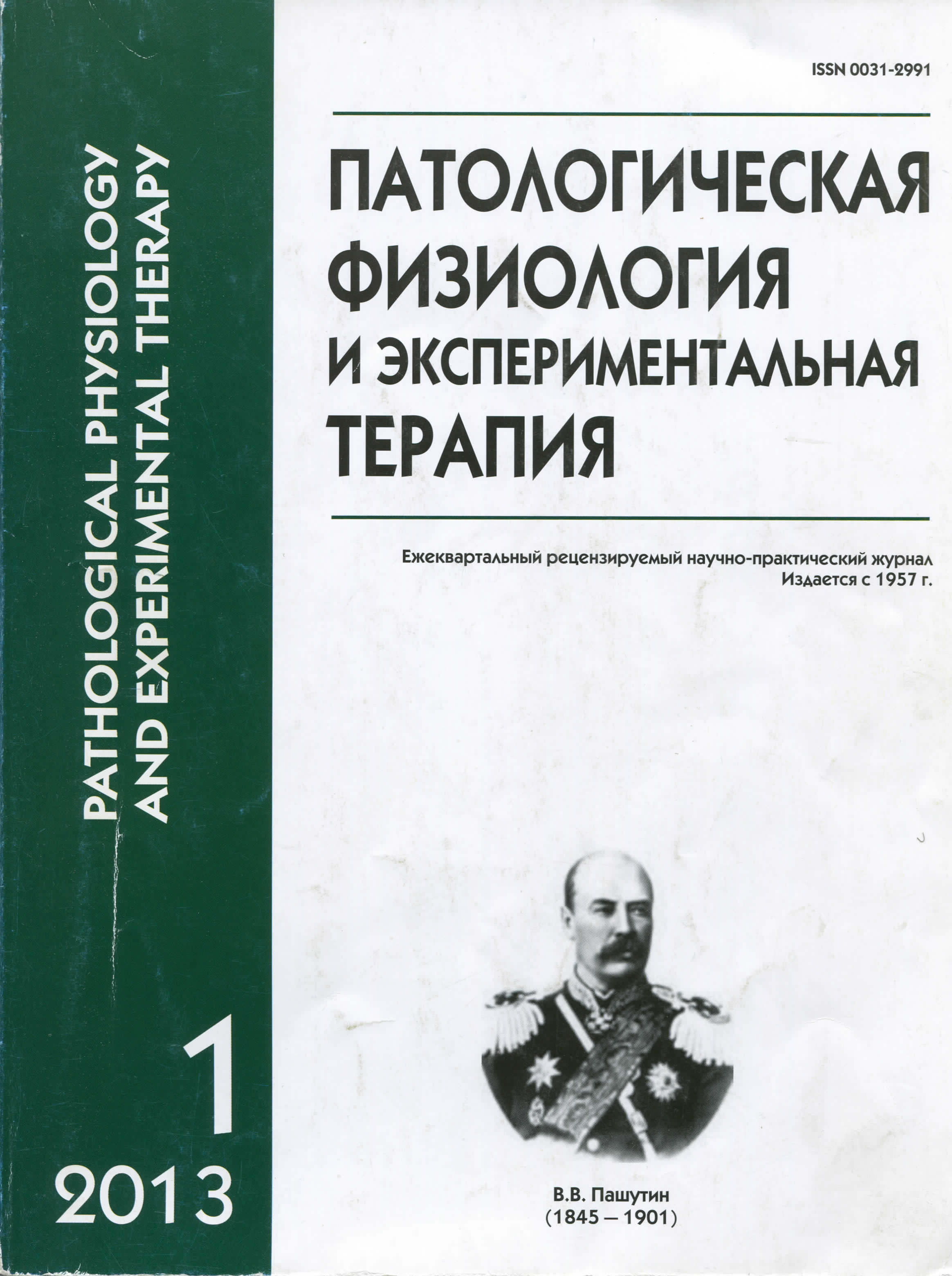Study of hormone responsiveness of the adenylyl cyclase signaling system in erythrocyte membranes of patients with type 2 diabetes mellitus
Abstract
Peptides of the insulin superfamily (insulin, insulin-like growth factor, relaxin), epidermal growth factor (EGF) and biogenic amines (isoproterenol, adrenalin, noradrenalin, serotonin) stimulate the adenylyl cyclase signaling system (ACSS). In erythrocyte membranes from a control group of patients, the hormone activating affect on ACSS was potentiated in the presence of guanylylimidinodiphosphate (GppNHp). In erythrocyte membranes from patients of various severity of type 2 diabetes mellitus (DM2, early, medium and severe), the basal activity of AC was higher than in the control group and its responsiveness to hormones was different. It was reduced in patients with early and severe forms of DM2 both in the presence and absence of GppNHp. In patients with the medium severity of the disease, the stimulating effect of biogenic amines was not changed but there was no potentiating effect of GppNHp. The insulin superfamily peptides and EGF stimulated AC in the erythrocyte membranes of patients with the medium severity of DM2 to the same extent as in the control while, at the early and severe stages of the disease, the AC sensitivity to these hormones was significantly reduced. These data suggest that DM2 results in disturbances of the hormone stimulating properties of ACSS by insulin superfamily peptides, EGF and biogenic amines. In erythrocyte membranes, DM2 disturbs ACSS functions at the level of the catalytic component and its responsiveness to hormone action at the level of interactions between Gs and AC.






